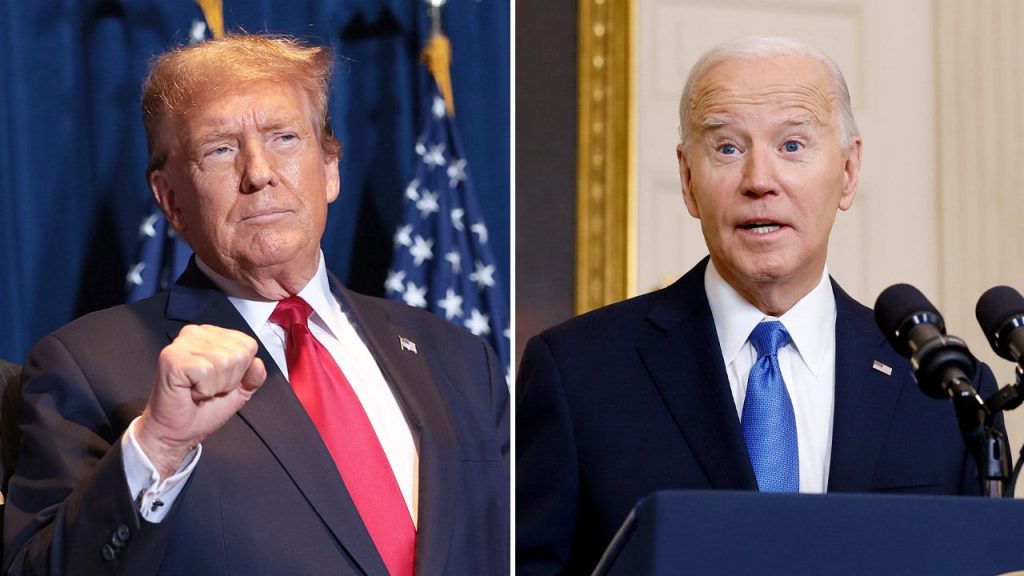The future of Medicare Advantage, a popular private health insurance plan utilized by millions of Americans, became a focal point of political debate during the transition between the Biden and Trump administrations. The Biden administration’s final Medicare Advantage proposal, issued shortly before leaving office, sparked controversy, with critics arguing it effectively underfunded the program despite a nominal rate increase. This contention arose from the fact that the proposed 2.2% increase in benchmark payments to Medicare Advantage plans fell short of the prevailing inflation rate, which stood at 2.7%. Furthermore, this proposal followed previous rate cuts implemented by the Biden administration, creating a cumulative effect that raised concerns about the program’s long-term financial viability and the potential impact on beneficiaries.
Opponents of the Biden administration’s approach, including former Republican officials and healthcare experts, argued that the cumulative effect of the rate adjustments amounted to substantial cuts to Medicare Advantage. They pointed to the potential for higher premiums, increased out-of-pocket costs, and narrower provider networks for the approximately 34 million Americans enrolled in the program. These concerns were exacerbated by the context of ongoing inflation, which placed additional financial strain on seniors and other beneficiaries, many of whom live on fixed incomes. The situation underscored the political sensitivity of Medicare Advantage, a program that has gained significant popularity among seniors seeking affordable and comprehensive healthcare coverage.
Former Republican Representative Ann Marie Buerkle, a former nurse and chairwoman of the Consumer Product Safety Commission, characterized the situation as an “opportunity” for the incoming Trump administration to “save Medicare” by reversing the Biden administration’s policies and ensuring adequate funding for Medicare Advantage. Buerkle emphasized the program’s efficiency in managing taxpayer dollars and its high satisfaction rate among seniors, arguing that maintaining its financial stability would benefit both beneficiaries and taxpayers. She contended that Medicare Advantage had saved the federal government $144 billion over the past decade due to its efficient management of healthcare costs compared to traditional Medicare. This perspective framed the debate as a choice between supporting a successful private-sector approach to Medicare and potentially undermining it through inadequate funding.
Conversely, the Biden administration defended its approach, asserting that its proposal would continue to provide affordable care while being responsible stewards of taxpayer dollars. The Centers for Medicare and Medicaid Services (CMS) emphasized its commitment to ensuring stable and affordable offerings within Medicare Advantage and Part D, highlighting efforts to implement the Inflation Reduction Act and lower prescription drug costs. This contrasting perspective framed the debate as a balancing act between ensuring program affordability and fiscal responsibility, with differing opinions on the appropriate level of funding for Medicare Advantage within that framework.
Former Louisiana Governor Bobby Jindal, who served as an advisor to the U.S. Secretary of Health and Human Services under President George W. Bush, expressed concerns about the Biden administration’s approach, arguing that the rate adjustments represented disguised cuts that would ultimately harm beneficiaries. He also raised broader concerns about potential political motivations behind the Biden administration’s policies, suggesting that they might reflect a desire to undermine Medicare Advantage in favor of a more government-centric healthcare system. This perspective injected an element of partisan politics into the debate, raising questions about the underlying motivations behind the differing policy approaches.
As the Trump administration took office, the future of Medicare Advantage remained uncertain. While President Trump had publicly vowed not to cut Medicare or Social Security, specific policy decisions regarding Medicare Advantage had yet to be finalized. The Trump administration indicated that it was reviewing the Biden administration’s proposals with skepticism, but no definitive policy direction had been established. This period of uncertainty highlighted the political stakes surrounding Medicare Advantage, with both beneficiaries and stakeholders eagerly awaiting the new administration’s decisions on this crucial healthcare program. The debate reflected fundamental disagreements about the appropriate role of private insurance within the Medicare system and the best approach to ensuring its long-term sustainability and affordability for millions of Americans.


